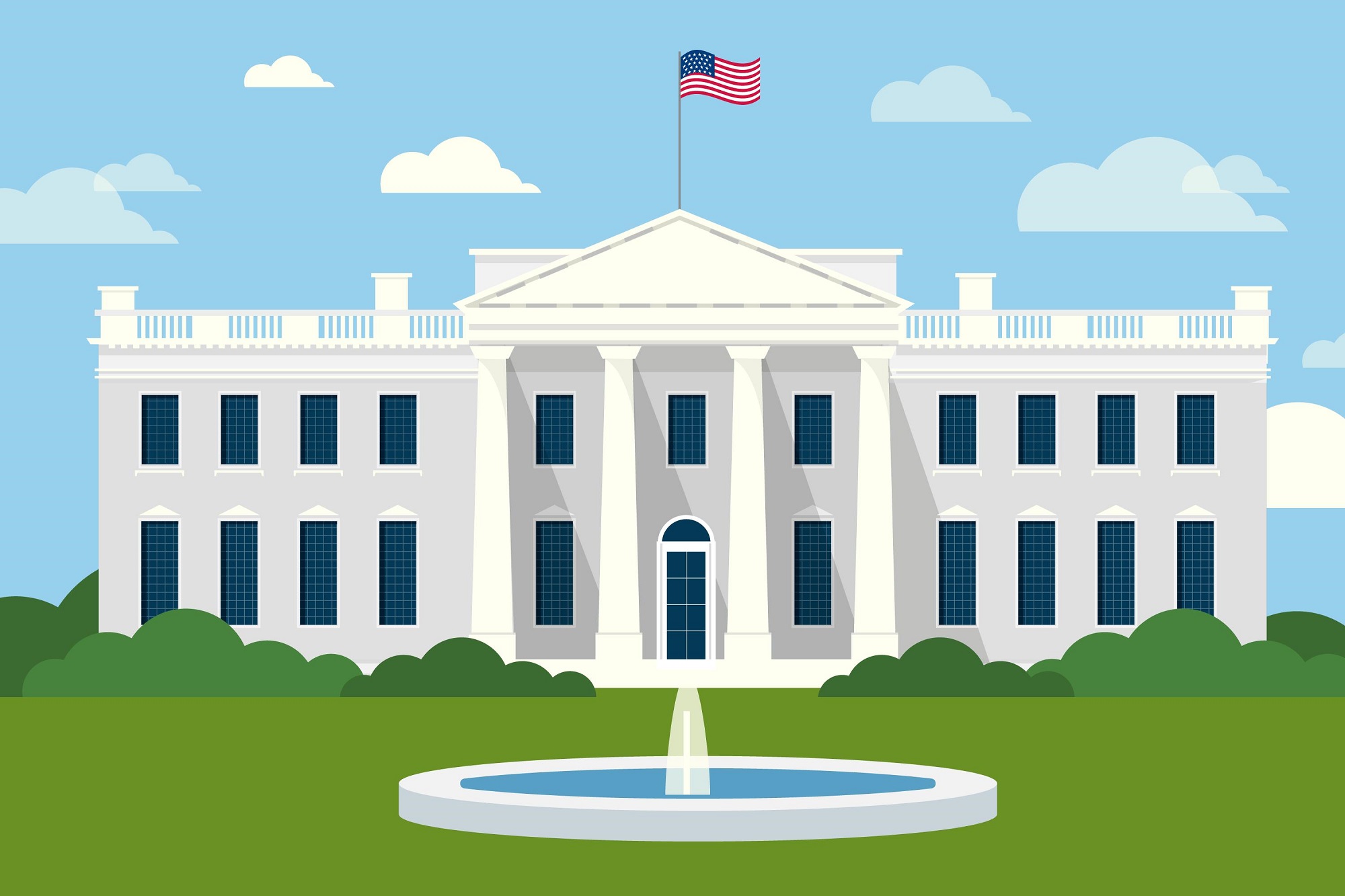
More PPP Changes Coming Soon (Again)
February 23, 2021
The Small Business Administration’s initial planning and rollout of the Paycheck Protection Program (PPP) was a mixed bag. It provided loans to support businesses across the country amid the COVID-19 crisis. However, many business owners had rejected applications or found that they were ineligible to participate.
On Feb. 22, the White House revealed a list of changes coming to the PPP that aim to alleviate those pains from the first run through the program; President Joe Biden is targeting more “equity” in PPP disbursement with these adjustments. The major headliners from President Biden’s list of PPP changes:
Exclusive Period for Small Businesses
In this case, “small” has meaning: fewer than 20 employees. These organizations (businesses and non-profits included) will receive a 14-day exclusive PPP loan application period. This should address the issue that many small businesses had the first time around, in which large businesses were also able to submit applications for relief. With limited PPP funding, many of the “Main Street” small businesses were out of luck.
More Help for Solo Operators
The White House’s list also includes a revised funding formula for applicants who may be applying for relief as sole proprietors, independent contractors, and self-employed individuals. Aid to these types of employers was critically short previously.
Relaxed Restrictions
A major change to PPP access centers around the removal of two restrictions from the original PPP structure. First, the SBA will remove the disqualifying restriction that excluded small business owners with prior non-fraud felony convictions. Second, the disqualifying status of delinquent or defaulted student loans is also going away. This change should help provide relief for small business owners who are already struggling with making federal student loan payments.
Inclusion of Non-Citizens
The PPP will now provide access for non-citizen small business owners, provided they are lawful U.S. residents, by way of allowing the use of their Individual Taxpayer Identification Number (ITIN) on their applications.
So, if you missed out on PPP support the first time around—for any of the situations listed above, or otherwise—your odds of approval may be higher soon. For more SBA resources, check out the full list here: Coronavirus (COVID-19): Small Business Guidance & Loan Resources (sba.gov).
February 23, 2021
Topics: COVID-19 Paycheck Protection Program, PPP, ppp changes

Comments are closed here.